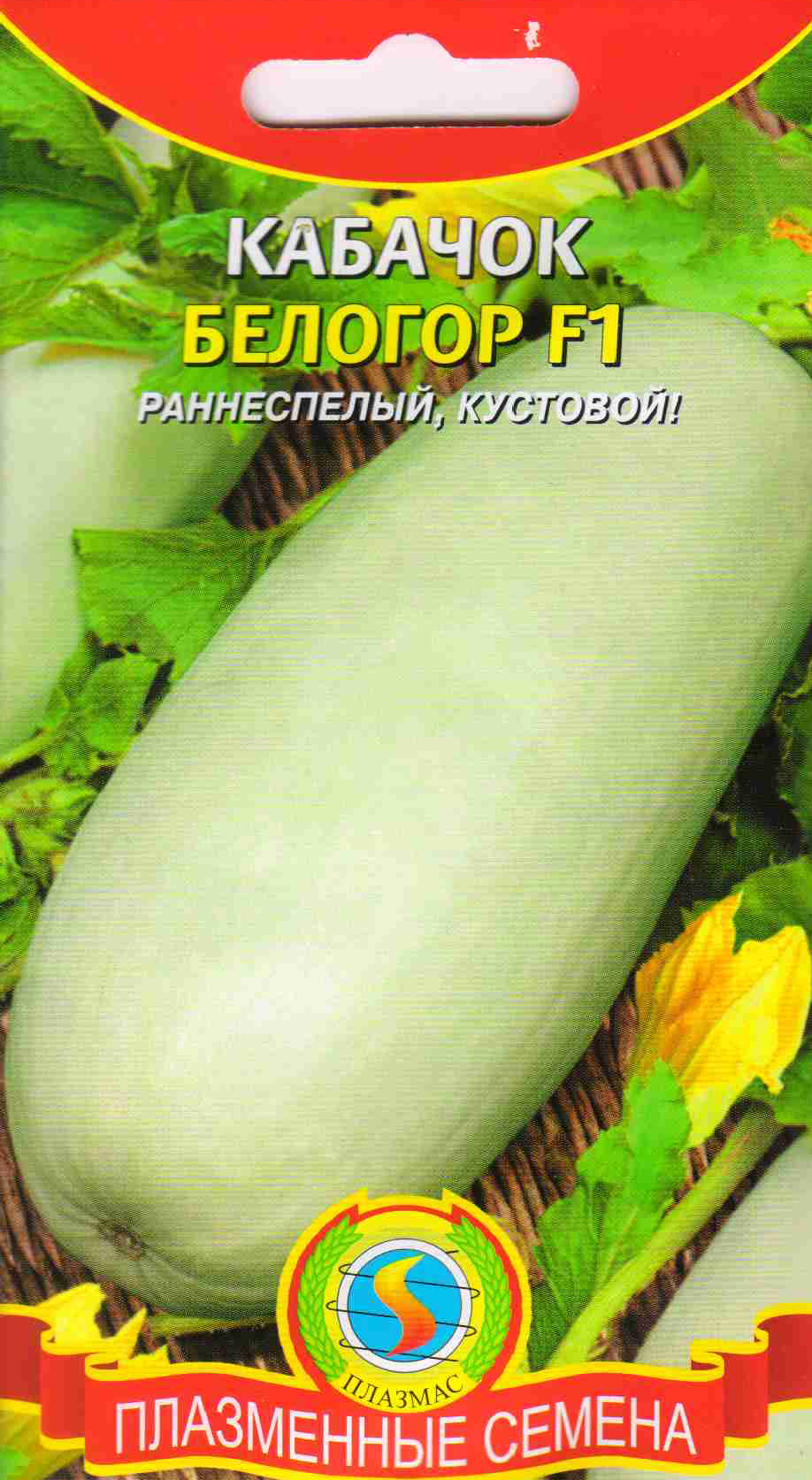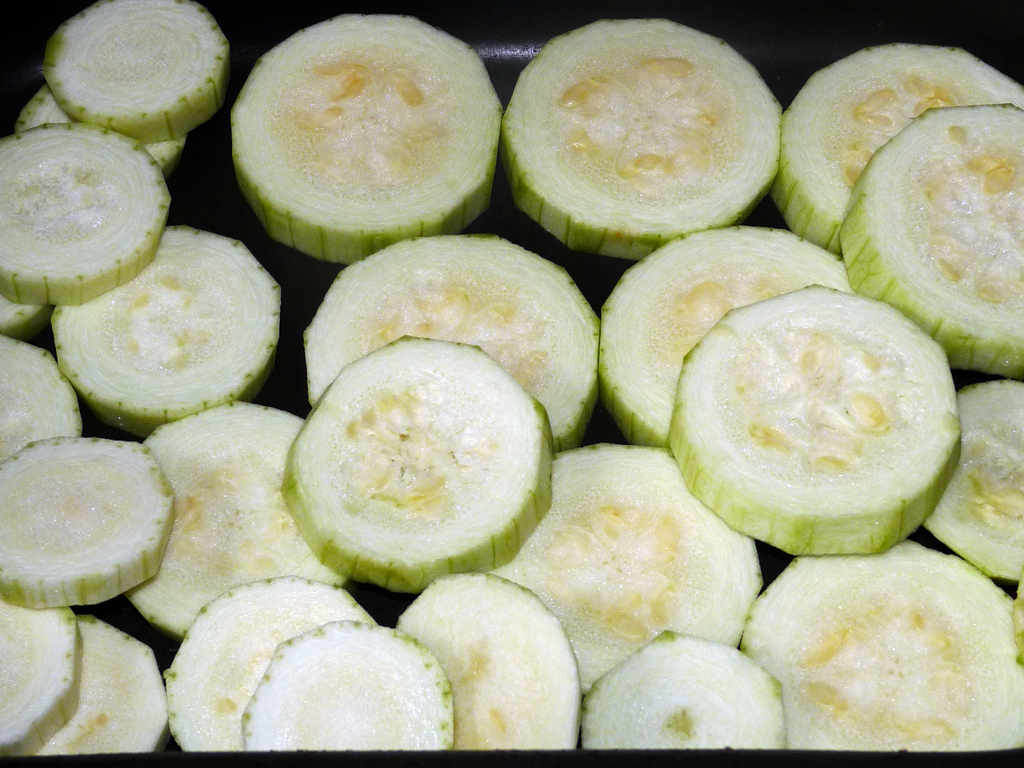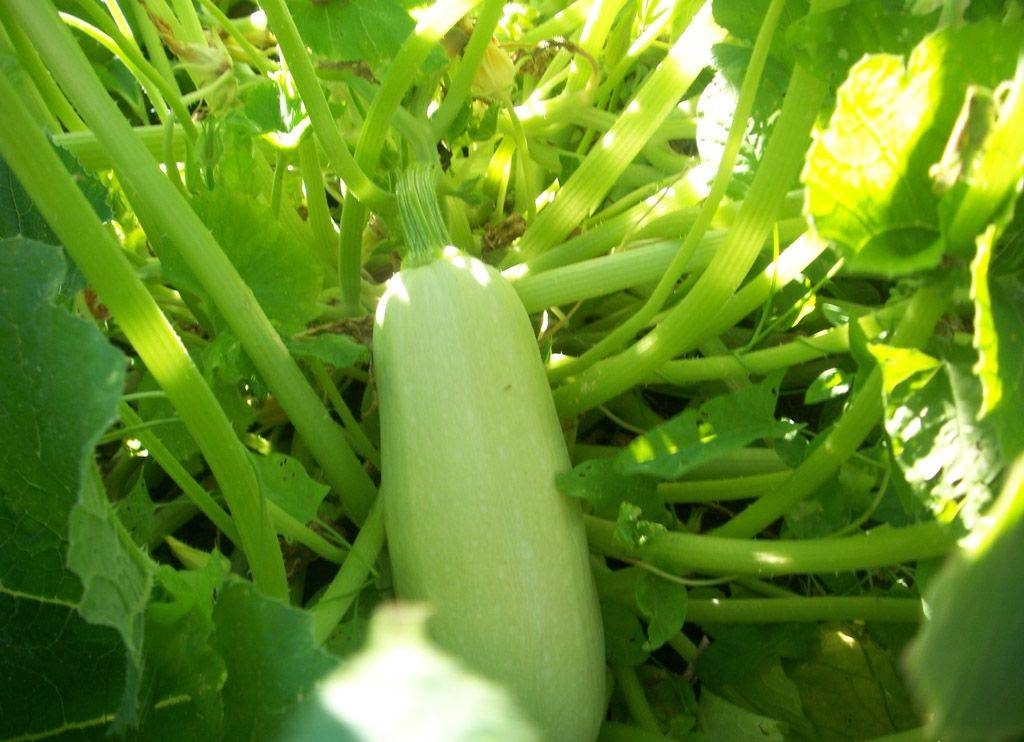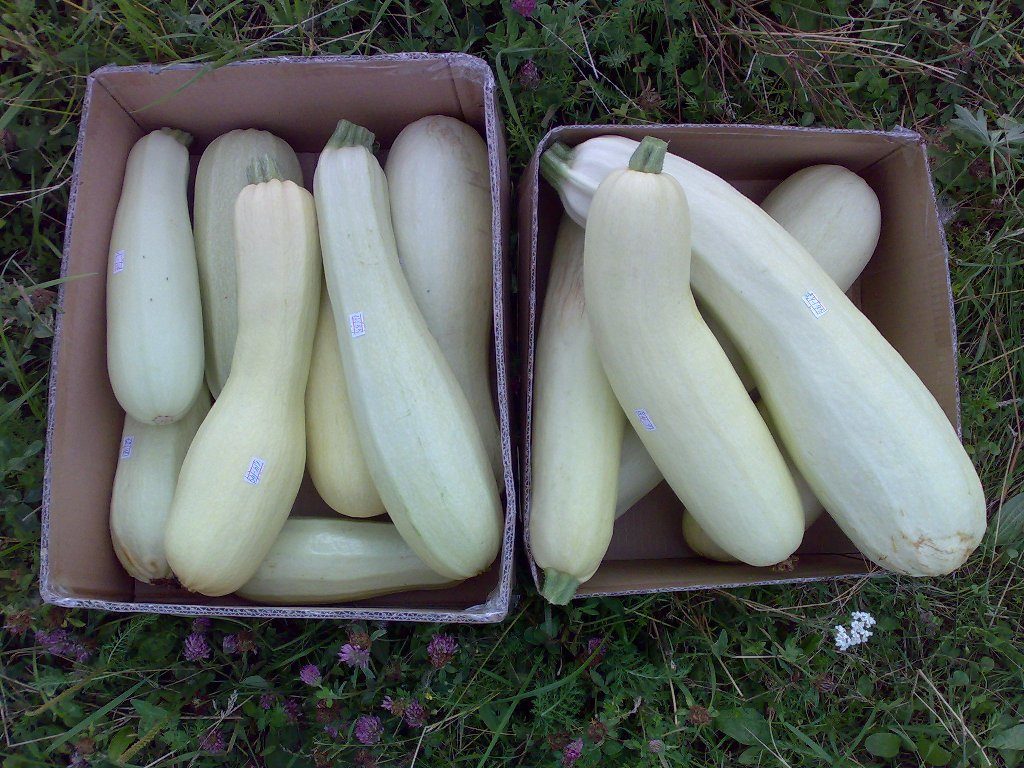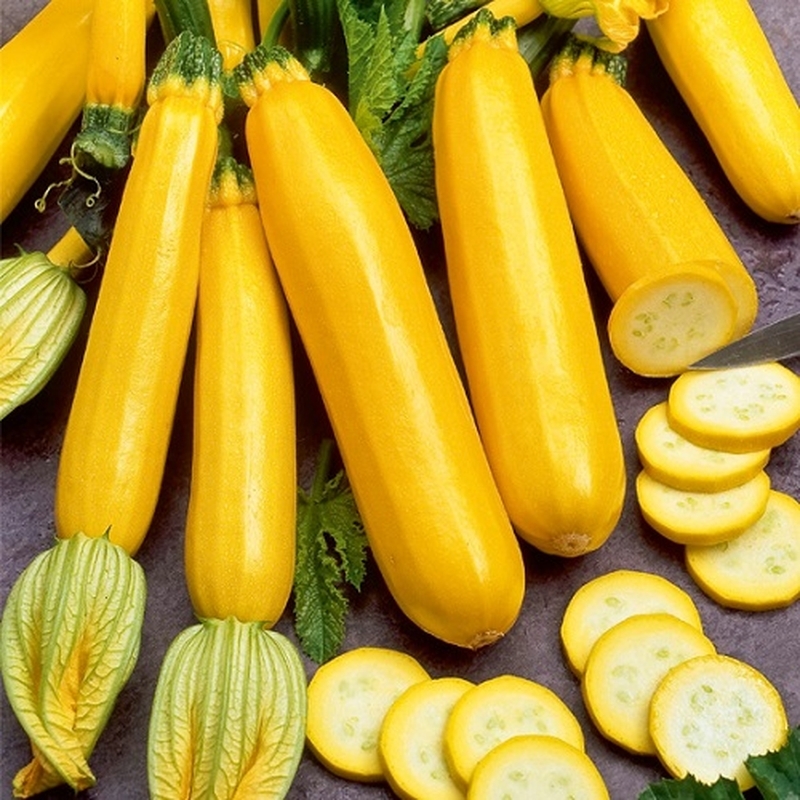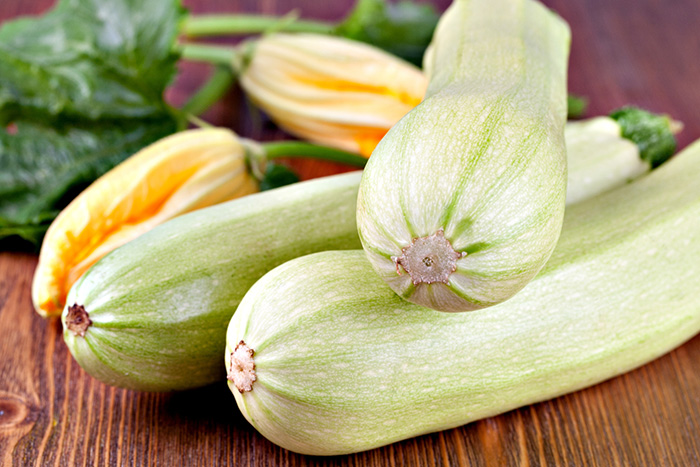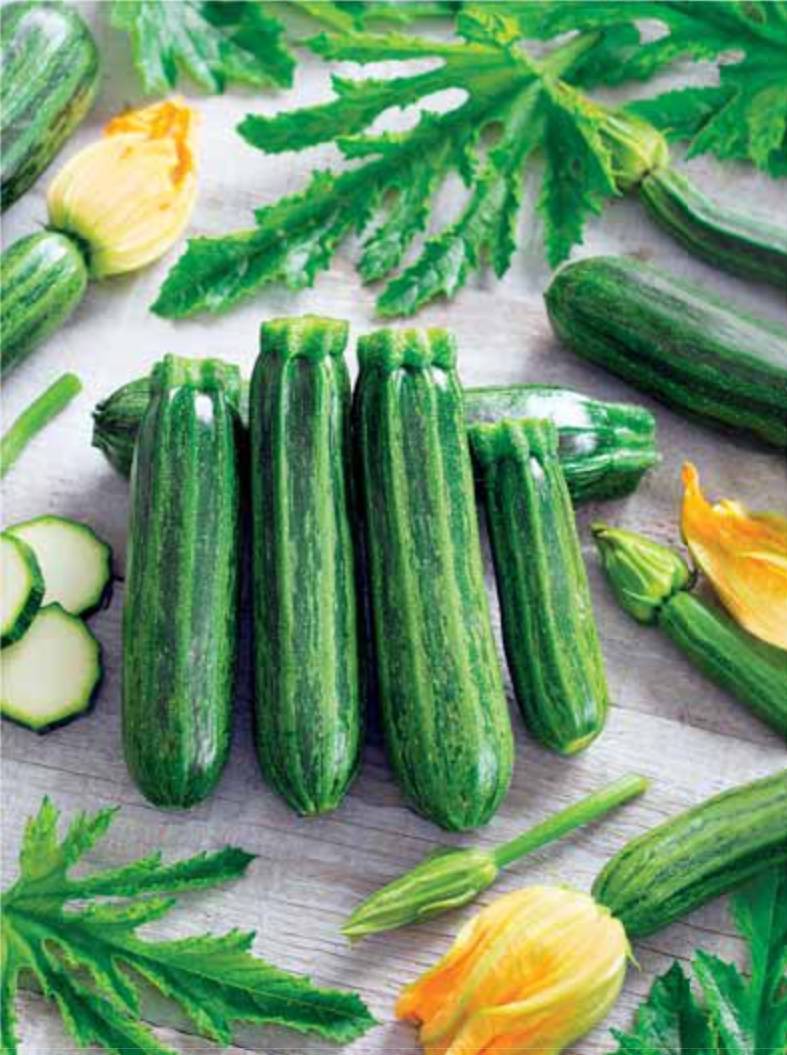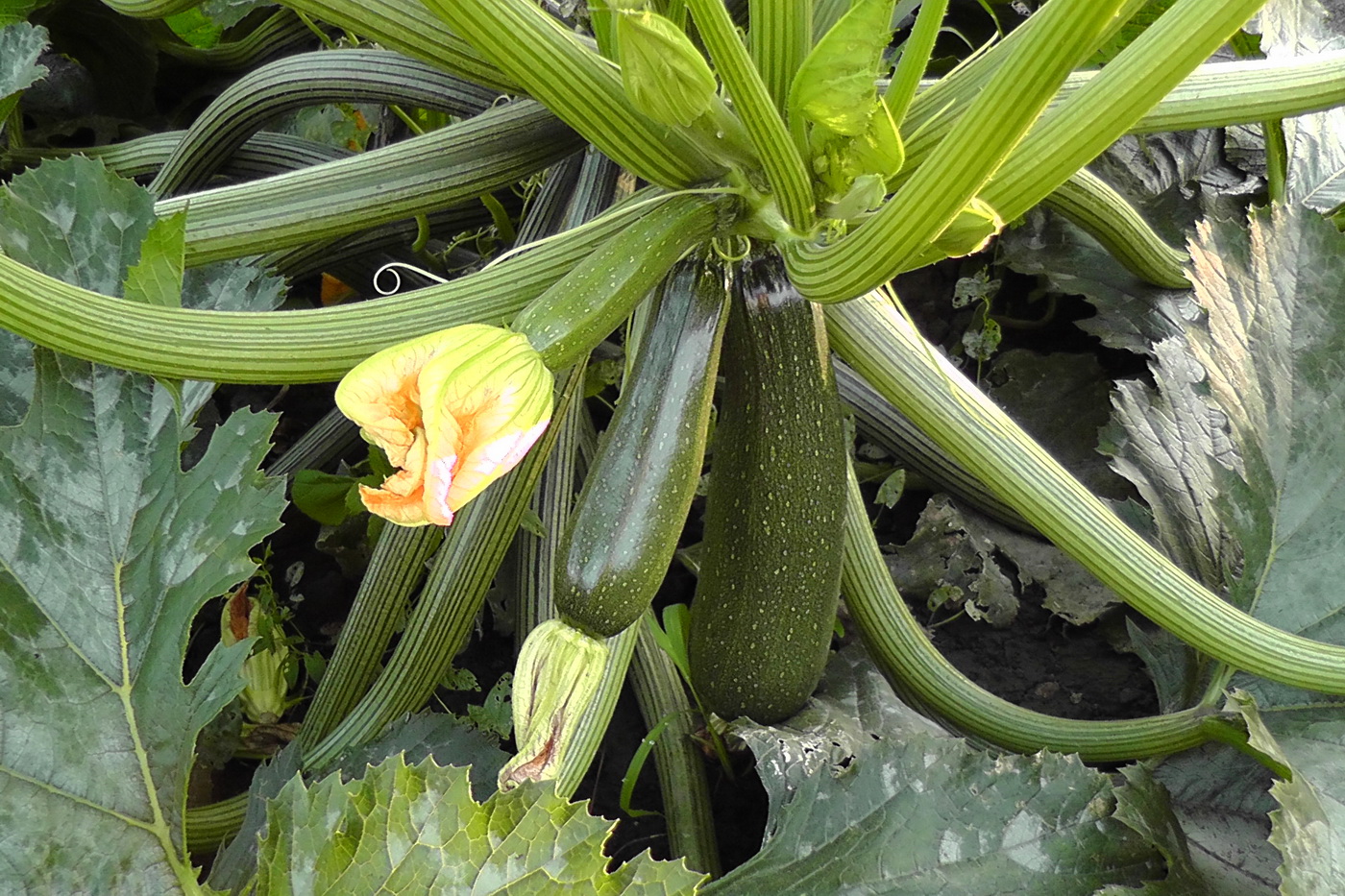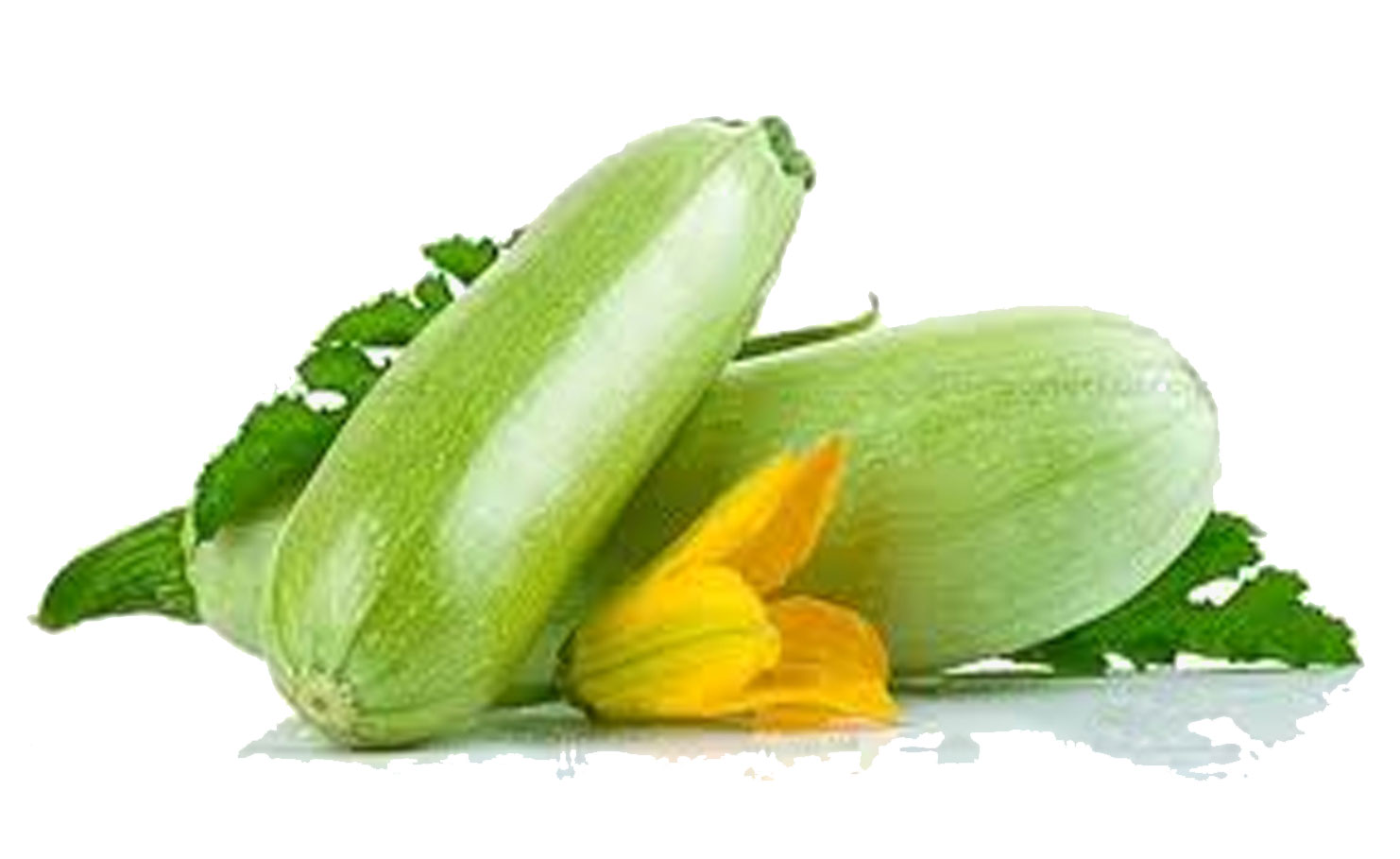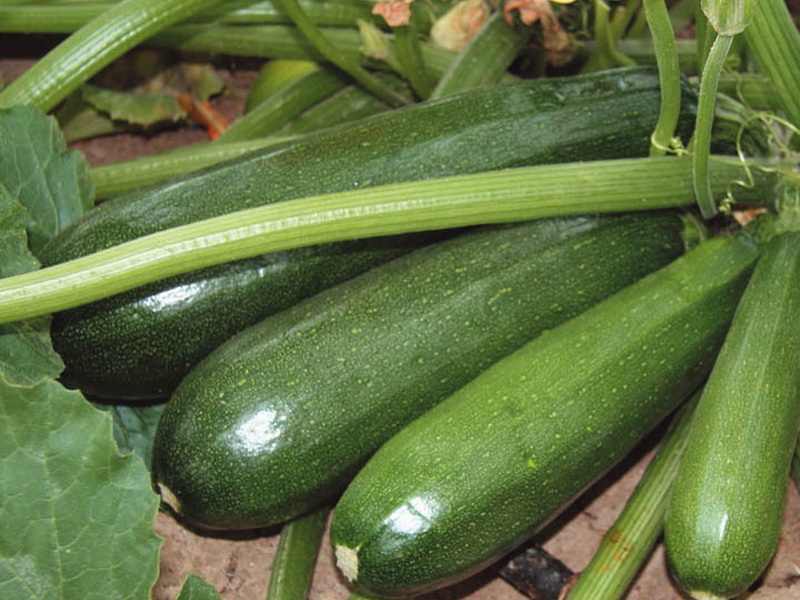Content:
Hundreds of the composition and hybrids of zucchini are listed today in the State Register, so choosing the best summer residents can be difficult. Many species are high yielding if the growing conditions are suitable. Belogor zucchini is one of the self-pollinated hybrids. It grows well in indoor conditions, can survive the lack of watering in dry weather and is quite resistant to diseases.
general information
Belogor is a zucchini hybrid that grows to a small size. Suitable for growing in the regions of Russia: Ural, Central Black Earth, North, Nizhnevolzhsky. Begins to bear fruit as early as 35 days.
Bred by breeders at Krymskaya station in 1991
Characteristics and features of the variety
Belogor (Belogor) is an early ripe variety, bush hybrid with 1 stalk and a short shoot. Main settings:
- weight - 3.5 kg;
- pulp - white, densely fibrous;
- the peel is thin, tough;
- the main stem is short;
- growing season - 40-45 days;
- fruiting period - 2.5-3 months;
- seed germination period - 5-6 days;
- taste - insipid, unsweetened;
- fruits - small cylindrical;
- bushes - compact;
- leaves are green with whitish spots touching lobes at the base;
- weight of 1 mature zucchini - 0.7-1 kg;
- yield - 12-14 kg per 1m2.
Agrotechnical characteristics of the variety
The Belogor variety is unpretentious in cultivation, although it needs sun and warmth. It is desirable to plant in open ground in unshaded areas, protected from the onslaught of wind and drafts.
Care should be started as the ovaries form, ensuring proper watering, feeding and thinning of the leaves for the full growth and development of seedlings.
Optimal conditions for growing, taking into account agrotechnical characteristics:
- The soil needs to be fertile enough.
- Watering is moderate, systematic. Periodicity during the flowering period - once every 7-8 days. During fruiting - pouring up to 2 liters of water under each bush 2-3 times
- Top dressing - organic, mineral fertilizers (cow dung, bird droppings, infusion of nettle or dandelion leaves). Fertilizers need to be applied three times per season. Additionally, if necessary, you can water it once a week with infusion of wood ash.
Before flowering, pour a nutrient mixture (1 l) of water, nitrogen fertilizer (1 tablespoon per 10 l) under each bush. During pollination and in August (with the beginning of fruiting), use a solution of fresh manure (10 liters of water per 1 liter of water) or nettle infusion (8 liters of water per 1 liter). For the period of fruiting, make the last top dressing of urea (1 tablespoon per 10 liters of water), pouring up to 1 liter of liquid under each seedling bush.
- Hilling. For the first time, the Belogor zucchini must be hilled together with the introduction of rotted compost (humus). After hilling, it is important to ensure that the root system is not exposed. If necessary, urgently add peat and humus, cover the roots with a layer of up to 5 cm.
- Protection against parasites. This variety can attack fungi, bacteria, whitefly and diseases: root rot, powdery mildew, bacteriosis.The first control measures are the airing of seedlings when grown in the open field and additional treatment of the bushes with a Bordeaux mixture (a solution of colloidal sulfur). Whiteflies and spider mites with larvae can be treated with a solution of laundry soap and copper sulfate.
It is not recommended to use chemicals during the fruiting period. If necessary, you can feed 1 time with infusion of wood ash (natural fertilizer), phosphorus, potassium. But potassium chloride for zucchini of this variety is not recommended.
Harvesting
During the harvesting period, the fruits are cut along with the stalk, kept in the open air or in the sun for 7-8 days, stored on racks (in ventilated basements) for better warming.
Shelf life is 5-6 months. It is recommended to keep zucchini Belogor in nets, hanging from the ceiling to prevent access of mice.
Agrotechnics
The growing process involves the following steps:
- soak the planting material in a solution of a biostimulant or bright pink potassium permanganate (Streptomycin) for 2 days;
- wrap the seeds in a damp cloth to improve germination for 1-2 days;
- planting in open ground (in holes), maintaining a distance between holes of 70-90 cm, between rows - up to 100 cm;
- deepening into each hole 2 seeds per 5-6 cm, with a heavy soil substrate - by 3-4 cm;
- application of top dressing (solution of ammonium nitrate, urea ammonium sulfate) 12 days after the emergence of sprouts, the second time - after another 7 days.
Advantages and disadvantages of the Belogor variety
One of the main advantages of the Belogor f1 marrow is the ability to grow in Siberia. The variety survives temperature fluctuations well.
The advantages of this type of zucchini:
- suitability for canning;
- excellent taste;
- winter hardiness;
- many useful substances in the composition;
- excellent storage flexibility.
Disadvantages:
- not too long growing season;
- tendency to outgrowth with a rapid loss of taste.
In general, varietal zucchini Belogor is unpretentious. Grows well in open ground or in shelter. The main thing is to provide him with proper care.
